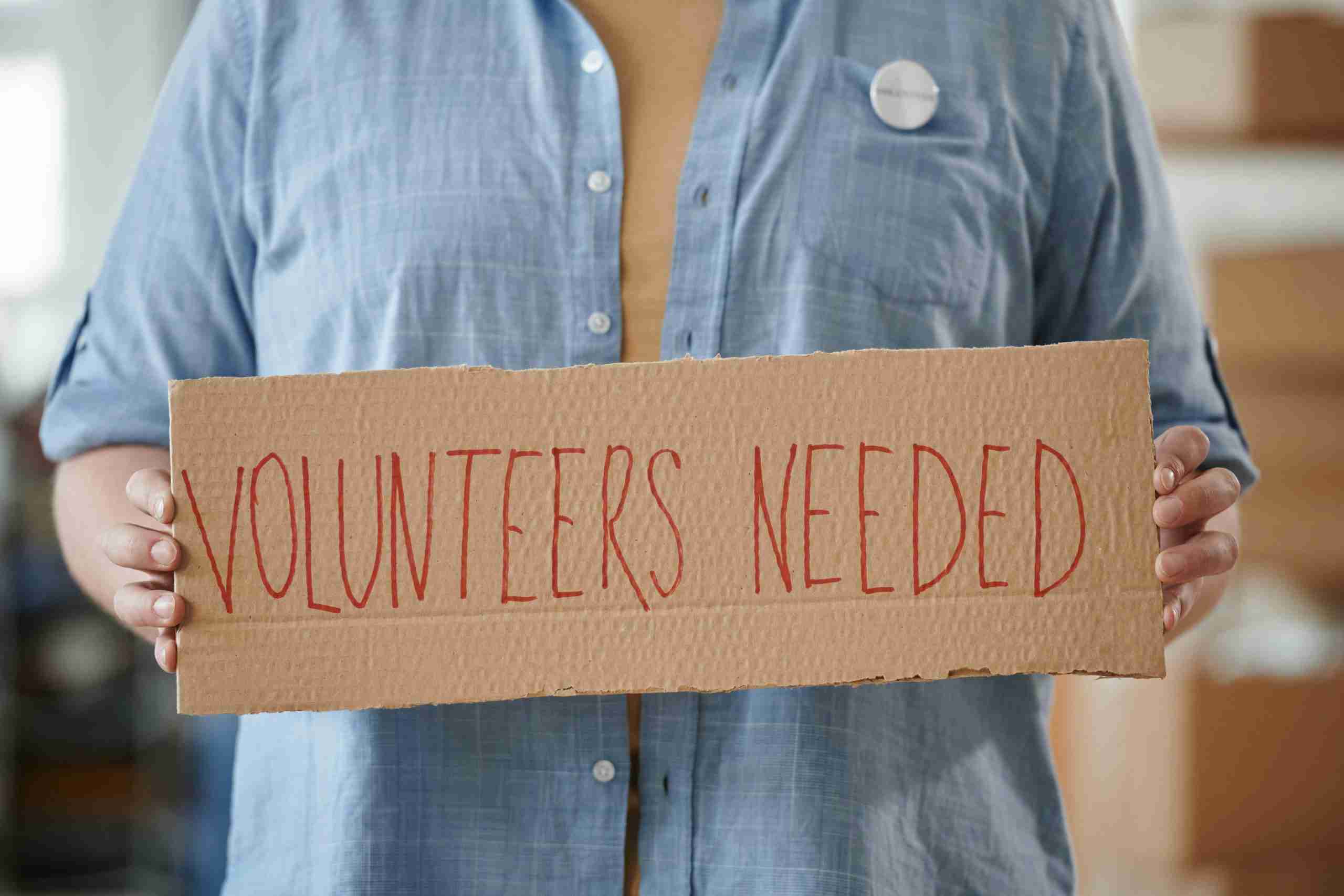
In a world where humanitarian disasters and geopolitical disputes are commonplace, the predicament of the Uyghur and Rohingya minorities has attracted international notice. The Rohingya Medical Camps and the Uyghur Refugee Relief Fund serve as rays of hope, illustrating the strength of a community’s empathy and compassion during difficult times.
In a world where humanitarian disasters and geopolitical disputes are commonplace, the predicament of the Uyghur and Rohingya minorities has attracted international notice. The Rohingya Medical Camps and the Uyghur Refugee Relief Fund serve as rays of hope, illustrating the strength of a community’s empathy and compassion during difficult times.
Fund for Uyghur Refugee Relief:
The Uyghur Refugee Fund is an important program designed to meet the needs of the displaced and persecuted Uyghur population. There have been allegations of human rights violations against the Uyghurs, an ethnic group mostly found in Xinjiang, China, which has resulted in their widespread exodus. The Uyghur Relief Fund was created in reaction to this situation to offer individuals in need of assistance and support right away.
Working under the tenets of solidarity, this fund acknowledges the pressing need to support Uyghur individuals and families who have been displaced. Contributions to the charity help to provide Uyghur refugees with necessities like food, shelter, healthcare, and educational opportunities. The international community’s involvement with the Uyghur Refugee Relief Fund demonstrates how intertwined humankind is and its dedication to easing the suffering of those who are less fortunate.
Essential assistance is given by Humanity Auxilium to Uyghurs who have escaped China and are now mostly living in Turkey. The fund provides necessities including food, shelter, and healthcare to assist vulnerable populations, such as mothers and children. Additionally, they push for legislative modifications and bring attention to the Uyghur issue globally.
Camps for Medical Rohingyas:
The Rohingya Medical Camps, which cater to the urgent health needs of the Muslim Rohingya minority, who have been subjected to violence and persecution in Myanmar, are comparable. There is an immediate need for healthcare due to the Rohingya crisis, which has caused a large-scale refugee inflow into nearby nations. These medical camps, which are frequently run by foreign organizations and non-governmental groups, are crucial in helping the displaced Rohingya community receive necessary medical care.
The Rohingya Camps provide a lifeline to those who might not otherwise have access to adequate medical care because of their restricted access to resources and healthcare facilities. Numerous services are offered by these camps, such as basic medical attention, immunizations, maternity and child health services, and psychological assistance. Because of the Rohingya crisis’s immense scope, providing for this vulnerable population’s healthcare needs requires a concerted and ongoing effort.
The Rohingya are subject to persistent prejudice and persecution in Myanmar. The world’s largest refugee camp complex was created in 2017 after over 700,000 Rohingya were forced to escape across the border to Bangladesh due to a harsh military operation. There is a severe shortage of healthcare in these camps, along with other essential amenities and supplies.
Role of Organizations like Humanity Auxilium:
For these susceptible groups, the Uyghur Refugee Relief Fund and the Rohingya medical camps serve as vital lifelines. They support long-term fixes to fundamental problems while offering emergency aid. However, continuous political complications and scarce resources hinder their work.
Challenges and Opportunities:
Problems still exist despite the praiseworthy work of the Rohingya Medical Camps and the Uyghur Refugee Relief Fund. Sustaining assistance is hampered by ongoing geopolitical tensions, logistical challenges, and the sheer magnitude of relocation. To address the underlying reasons for these populations’ displacement, the international community must keep pushing for dialogue and diplomatic solutions on their behalf.
To maximize the impact of relief efforts, there are also chances for greater cooperation between official bodies, non-governmental groups, and community-based projects. The international community can address the long-term needs of Uyghur and Rohingya refugees by cooperating to develop more comprehensive and long-lasting solutions.
Call to Action: Joining the Fight for Justice and Support
International assistance is still desperately needed for the Rohingya and Uyghur populations. The following are some ways you may help:
Donate:
Take into consideration sending money to groups that support Rohingya medical camps or the Uyghur Refugee Relief Fund. Contributions of any size can have a big impact.
Increase Knowledge:
Post updates on social media regarding the Uyghur and Rohingya crisis, and encourage your elected representatives to take appropriate action.
Encourage Advocacy Efforts:
Get involved with or donate to groups that defend the rights of Rohingya and Uyghurs. This can involve getting in touch with your legislators, participating in protests, and signing petitions.
Volunteer:
A wide range of skill levels are welcomed by the many groups that deal with these communities.
You can become a part of a worldwide movement advocating for justice and backing the Uyghur Refugee Relief Fund and Rohingya Medical Camp by taking action. Their problems are a cry for compassion and group action, not for some far-off catastrophes. Together, let’s make sure that their basic rights are upheld and that their optimism for a better future is not dashed.